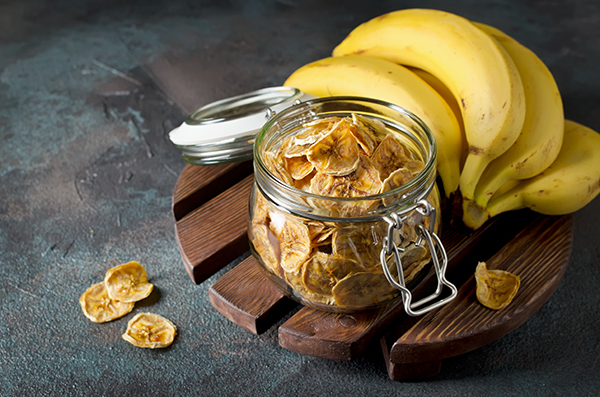
Peppermint, which is a cross between watermint and spearmint, was initially found in Europe but has found its way to being cultivated across the world. Most peppermint products are mixed with sugar and other chemicals that should be avoided. But, on its own, peppermint has many benefits. Its use as a traditional remedy can be dated back to the 18th century, where it was used as a remedy for stomach problems, cholera, and hysteria. Countless studies have been conducted to validate the traditional uses of peppermint and so far, many of these were successful. Some of the diseases that peppermint can remedy include the following:
- Colds and cases of flu -- Many people utilize peppermint essential oil to alleviate colds and flu since approximately 40.7 percent of it is composed of menthol. This compound works by reducing swelling in membranes of the nose so that air can pass more easily. Furthermore, peppermint also protect people from developing these diseases in the first place because it has potent antiviral properties that help increase a person's immunity. For this purpose, it is best to use the essential oil by diluting a few drops of it in hot water and then inhaling the steam.
- Nausea -- Pregnant women and chemotherapy patients are more likely to experience nausea, a condition often associated with vomiting. Peppermint effectively relieves the symptoms of nausea by calming and numbing the stomach muscles so that food can easily pass through the stomach. There are many different ways to use peppermint for this purpose. Its leaves can be steeped to make a tea or it can be ingested in its capsule form. Many people also use its diluted essential oil for aromatherapy.
- Indigestion -- Many restaurants offer mint candies to help cleanse the palate, but the effects of peppermint extend far more than this. This herb also promotes good digestion by improving the flow of bile and muscle movement. Instead of eating mint candies, a healthier way of getting these benefits is by drinking peppermint tea.
- Irritable Bowel Syndrome -- Peppermint relieves pain, bloating, diarrhea, and gas associated with irritable bowel syndrome. It works by reducing inflammation and reducing the intensity and frequency of involuntary gut movements. The most common ways for patients with irritable bowel syndrome to enjoy these benefits are by drinking tea from peppermint leaves or by downing water with two to three drops of the essential oil.
- Skin conditions -- The cooling effect of peppermint significantly reduces skin irritation, itchiness, and redness. When applying peppermint oil to the affected area, make sure that it is diluted in a carrier like mineral or olive oil so it won't further irritate the skin.
By keeping a supply of peppermint oil or herbs in your home, you'll get to enjoy the different healing benefits associated with it all year-round and not just during the Christmas season. (Related: Peppermint provides surprising results for digestive problems, physical performance and even weight loss.)
Home applications of peppermint
Peppermint is not just good for the body, it can also be good for your home. Some home applications of peppermint include the following:
- Attracting pollinators -- Planting peppermint in your garden will attract beneficial insects because they are rich in nectar and pollen. This effect is limited to good bugs only since peppermint also repels ants and flies.
- Repelling rodents -- Another benefit of having peppermint in your garden is that it wards off rodents who don't like the smell of mint. To extend this benefit to the inside of your house, just douse some cotton ball with peppermint essential oils and place them inside holes and cabinets.
- Cleaning -- Many people use peppermint to keep their homes smelling fresh but aside from its scent, peppermint also kills viruses and fungi that can cause foul smells and diseases.
Visit Herbs.news for more articles about the benefits of peppermint.
Sources include:
Please contact us for more information.























